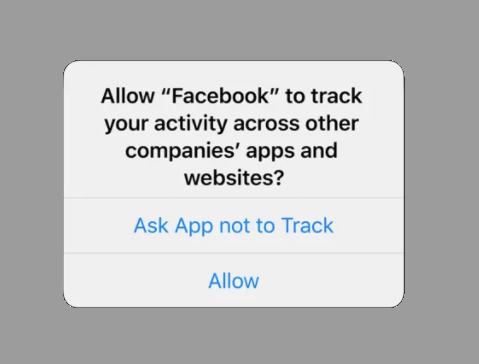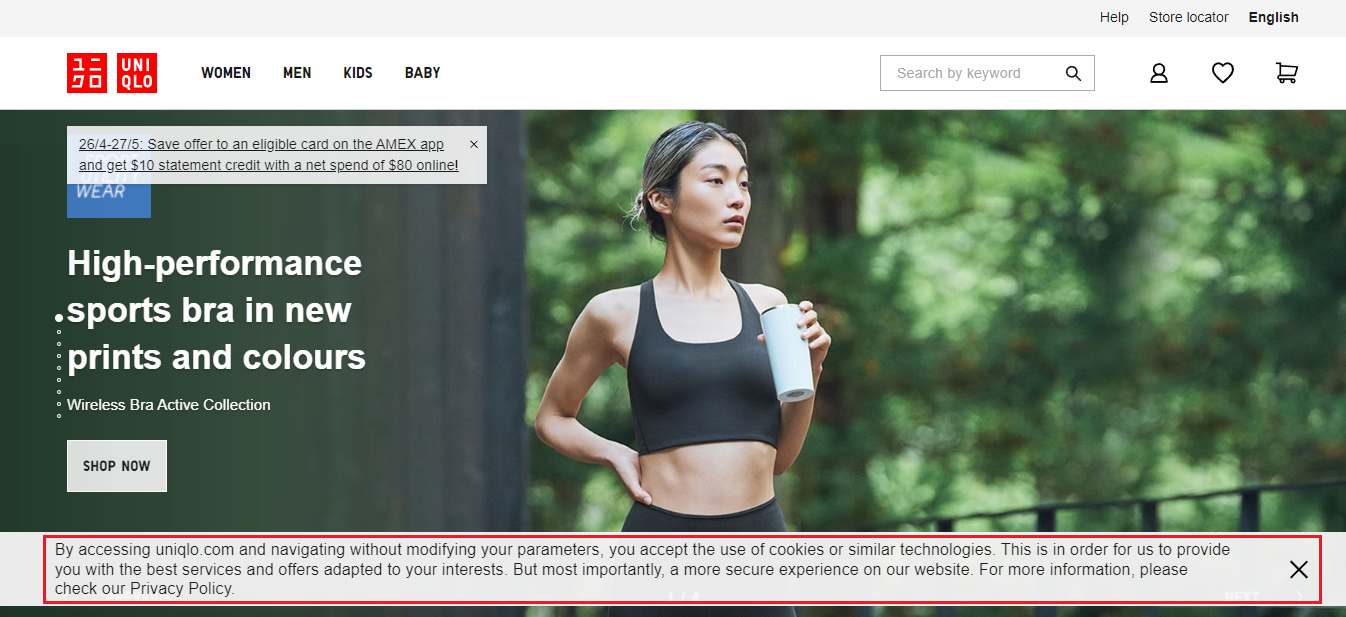A cookieless future is the most significant change coming to the digital marketing landscape in years, and if you do not start preparing now, your business might be left behind.
The role of web cookies means a lot when it comes to search engine optimisation (SEO), and digital marketing experts use them to reach their target audience. Web cookies, however, have increasingly raised concerns to most consumers about their data privacy when browsing the internet.
Google has realised that and plans to phase out the support for third-party web cookies in Chrome which will only be available until the end of 2023. The term “Cookiepocalypse” has been shaking up the cookie jar since Google announced this decision in 2020. They have wondered how they can future-proof their digital marketing efforts and approach to customer data, but this most significant change is not that bad.
Read on to find out the actual meaning behind cookieless advertising and how you as a marketer can prepare for the future.
What Does “Cookieless Advertising” Mean?
Cookieless advertising refers to the demise of third-party web cookies, which someone else places on a website besides the website owner. Like regular web cookies, they are also used to store information about a user so that the website can recognise it later.
The removal of third-party cookies is not completely removing web cookies. Google is only changing it to enhance the online browsing experience and privacy of users like Apple. In April 2021, Apple released iOS update 14.5, which included a new consent mechanism dubbed App Tracking Transparency (ATT).
With users’ consent to track their activities across the internet, Google can still learn more about the users using web cookies. Nothing much has changed except the fact that brands will now be asking users whether or not they can track their online activities.

The question of many advertisers: is it still possible to target search engine marketing (SEM) ads without third-party web cookies?
Even though cookie-based digital marketing campaigns have gotten a lot of attention and have been around for years, machine learning and artificial intelligence (AI) have improved to the point where they do not require user profiling for intelligent targeting. That is what makes it privacy-friendly.
Without third-party web cookies, digital marketing experts can use contextual targeting to view and respond in real-time to insights obtained from a website. This strategy is as effective at targeting and scaling campaigns as cookie-based advertising.
The Impact Of A Cookieless Future
When a cookieless future comes, consumers and digital marketing experts are the most affected by this significant change.
Although “cookiepocalypse” seems to benefit consumers the most since it secures their data privacy, its impact on digital marketing experts is not all that bad. Here’s why.
Authenticated Targeting
In a cookieless era, authenticated targeting is one of the solutions that digital marketing experts can use to obtain data from customers. Brands can do this by asking their website visitors for their consent to allow them to collect their data when browsing the website. Cookie banner or cookie consent pop-up will most likely appear as soon as the website visitor lands on the landing page.
Here is an example of a brand asking the user’s consent to allow cookies:

The gathered data will help the digital marketing experts to learn more about what are the things that interest their target audience. With enough information, they can use it to create and improve their campaigns that will appeal more to their customers through digital content creation. For example, creating an infographic or videos then posting it on social media accounts to garner interest from their target customers.
Anonymous Targeting
Anonymous targeting does not require asking authorisation consent from the visitors since it uses alternative methods like contextual or aggregated targeting, allowing advertisers to target specific audiences anonymously.
Anonymously since Google will track users by groups in a cookieless future, instead of tracking users at an individual level—they will gather data by sex, interest, views, age, and many more without who exactly they are.
Prepare for a Cookieless Future Now!
Since time flies fast, it is better to start preparing now for a cookieless future. Knowing what to do ahead of time will help you get ready on how you should promote your niche and nudge your customer to make a purchase.

If you need help preparing your e-commerce website for a cookieless future, our SEO agency in Singapore can lend you a hand. Just reach out to OOm at +65 6391 0930 or leave a message on our website and let us know how we can help.
